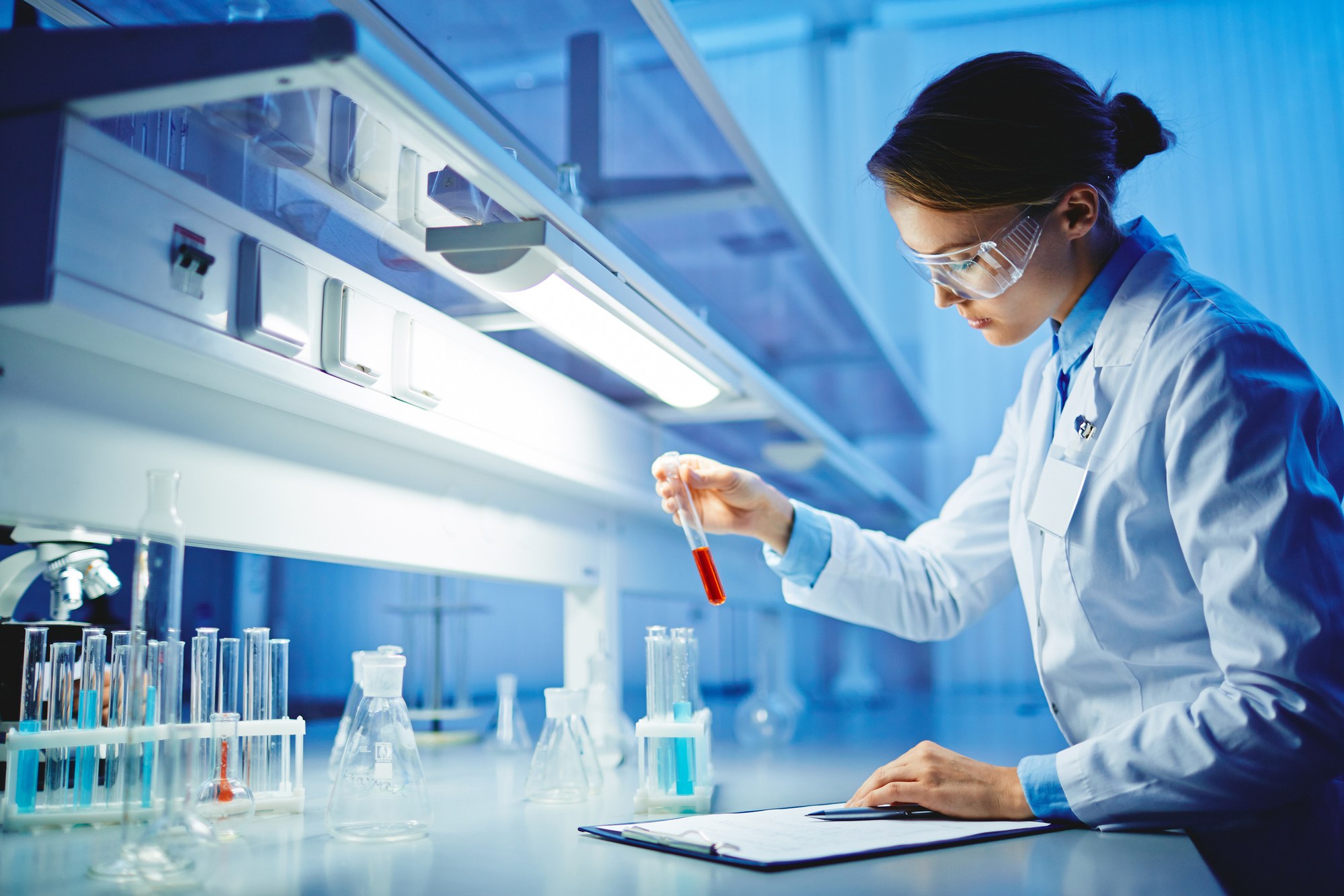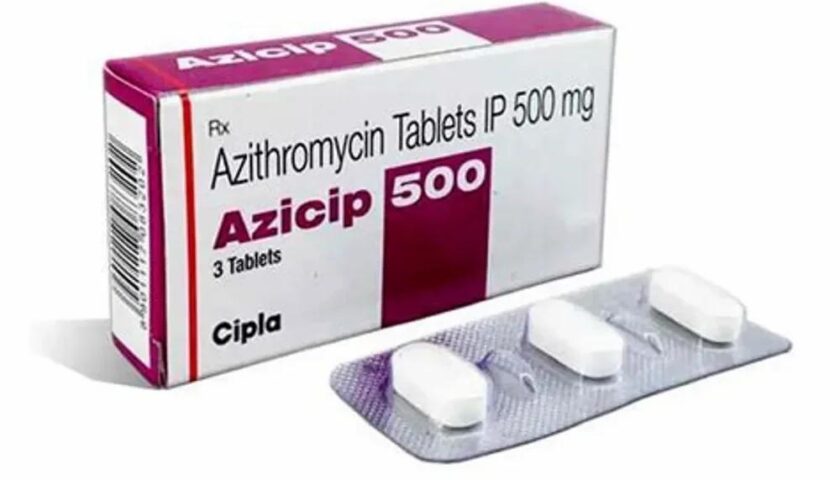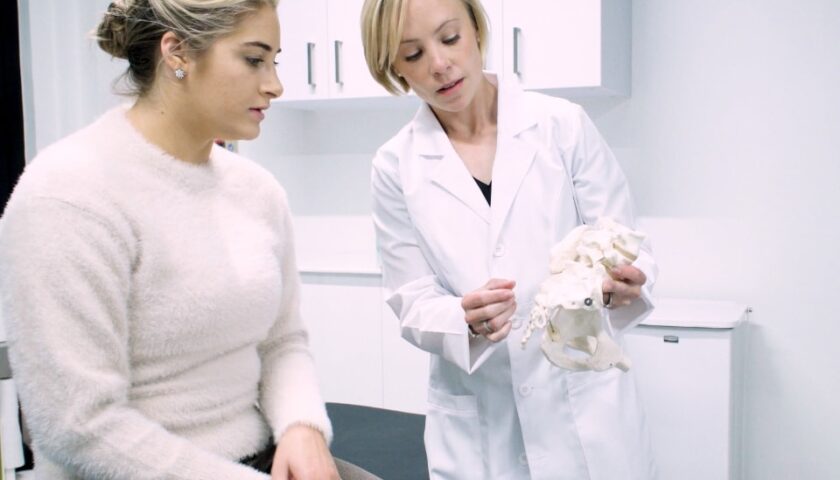Bioanalytical laboratories are increasingly becoming vital players in drug discovery and development studies. Whether it’s a new biotechnological company or a seasoned pharmaceutical company, everyone today is leaning on the expertise of a bioanalytical lab to develop robust and effective drug products.
Today, it’s not just about being business savvy and connecting with a bioanalytics company. It is vital to maintain trust and a long-term relationship with your partner bioanalytical laboratory. The current article focuses on the reasons why bioanalytical solutions providers are critical for the success of drug development projects.
Bioanalytical laboratory services for drug development
Analytical laboratories continuously invest in technologies that improve their testing capabilities. They believe in the motto of spending money to save money. As novel and more innovative drug products are produced, older analytical tools may struggle to detect these analytes in complex matrices. Hence, bioanalytical laboratories regularly invest in the most cutting-edge technology to stay abreast with leading marketplace solutions for delivering precise and accurate results.
Bioanalytical laboratories are constantly looking out for the latest innovations. Analytical processes are evolving. Hence, analytics companies identify tools and platforms that may work well for them. Earlier ELISA assays were a gold standard. Newer technology, such as gyrolab workstations, offers rapid results with fewer resources and higher efficiency. Hence, reliable bioanalytical laboratories focus on adapting newer innovations.
Research labs often spend months developing critical reagents for quantifying proteins in study samples. These assessments do provide reliable results. However, advanced bioanalytical laboratories perform the same experiment by involving tryptic digestion and measuring protein in high-resolution LC-MS systems, saving time and critical regions.
Analytical laboratories have extensive experience in handling clinical trials. Patient safety is paramount during clinical bioanalysis. High throughput clinical analysis is critical for accelerating drug development timelines and filing regulatory submissions. Bioanalytical laboratories often employ automated liquid handlers that can manage large numbers of samples per day and reduce human errors. Besides, they have regulated and streamlined protocols for achieving the best-automated system and workflow.
Drug developers struggle to use the most appropriate platform for analysis. LC-MS systems are ideal for most small molecules. Some classes of biomolecules may require gas chromatography-mass spectrometers. Biomedical laboratories have a plethora of instruments and technology to serve specific research needs.
Most importantly, bioanalytical laboratories are exposed to a broad range of drug development and biomedical research projects. Hence, they are always aligned with the ever-evolving regulatory environment. Drug development regulatory standards and requirements change rapidly. Besides, each country and region has its own set of rules and regulatory compliances. Generating reliable experimental data complied with all regulatory requirements is the key to accelerating drug development timelines. Bioanalytical laboratories play a crucial role as they are well-versed with regulatory guidelines and have extensive experience in meeting them consistently.
Conclusion
Each bioanalytical laboratory has its unique advantages. However, the entire bioanalytical laboratory community strives to achieve greater accuracy and deliver reproducible and reliable data, making them vital for the success of drug discovery and development projects.





